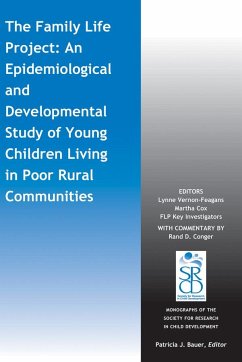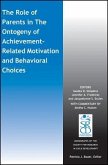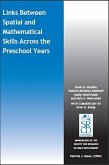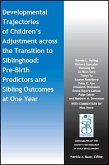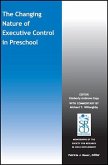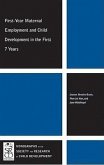About 20% of children in the United States live in rural communities, with child poverty rates higher and geographic isolation from resources greater than in urban communities. Yet, there have been surprisingly few studies of children living in rural communities, especially poor rural communities. The Family Life Project helped fill this gap by using an epidemiological design to recruit and study a representative sample of every baby born to a mother who resided in one of six poor rural counties over a one year period, oversampling for poverty and African American. 1,292 children were followed from birth to 36 months of age. This study used a cumulative risk framework to examine the relation between social risk and children's executive functioning, language development, and behavioral competence at 36 months. Using both the Family Process Model of development and the Family Investment Model of development, observed parenting was examined as a mediator and/or moderator of this relationship. Results suggested that cumulative risk predicted all three major domains of child outcomes and that positive and negative parenting and maternal language complexity were mediators of these relations. Maternal positive parenting was found to be a buffer for the most risky families in predicting behavioral competence. In a final model using both family process and investment measures, there was evidence of mediation but with little evidence of the specificity of parenting for particular outcomes. Discussion focused the implications for possible intervention strategies that might be effective in maximizing the early development of these children.
Hinweis: Dieser Artikel kann nur an eine deutsche Lieferadresse ausgeliefert werden.
Hinweis: Dieser Artikel kann nur an eine deutsche Lieferadresse ausgeliefert werden.

